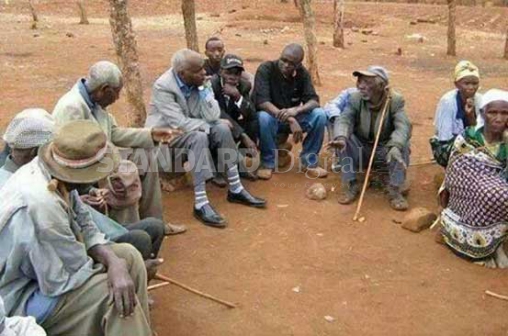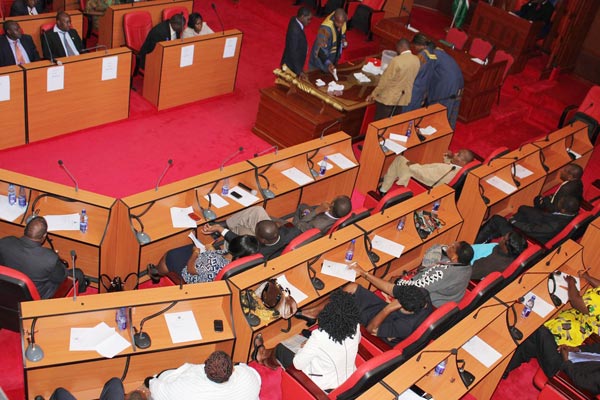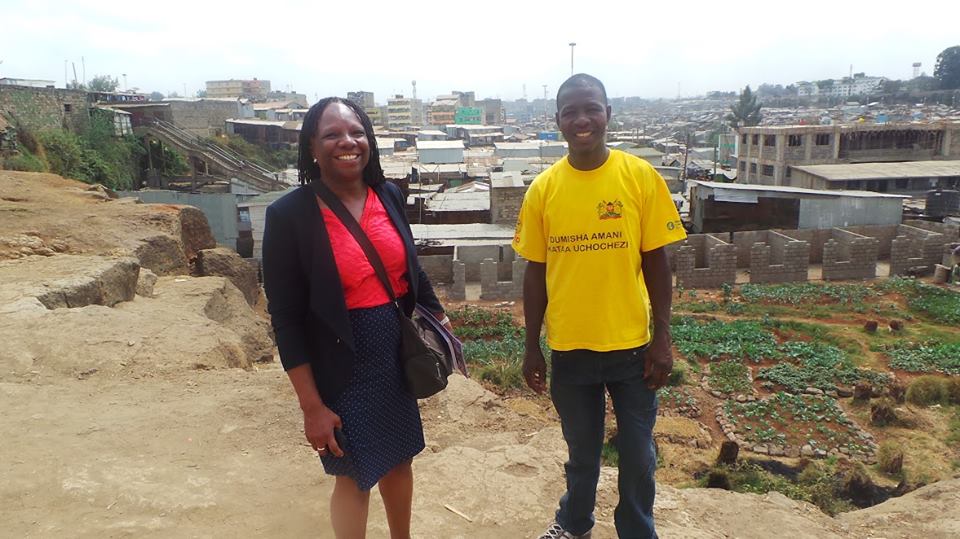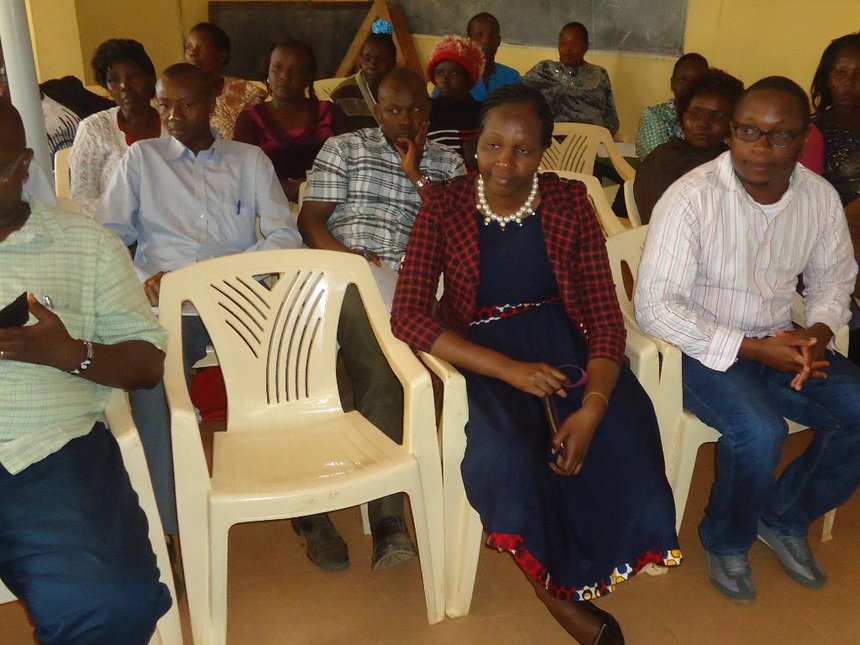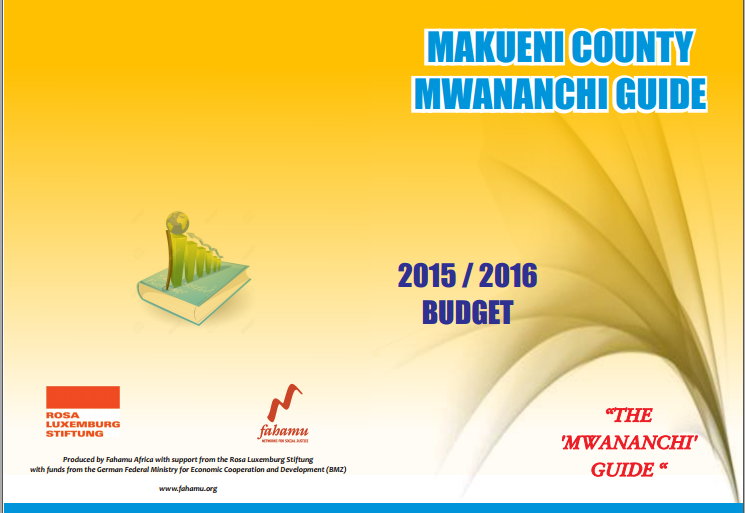Voted as the leading sub-Saharan think tank five consecutive times (2009-2013), the South African Institute of International Affairs (SAIIA) is a centre for research excellence on South Africa’s and Africa’s international relations along the themes of social development, foreign policy, governance and economic policy.
SAIIA’s research and analyses on South-South cooperation on trade, development, politics and diplomacy, includes its China-in-Africa research project that has also generated the China-Africa fact sheet and the China-Africa toolkit, the later being a continental research catalogue of bilateral relationship between African countries and China. In collaboration with Global Economic Governance (GEG) Africa and Consumer Unity and Trust Society (CUTS) International, SAIIA has as well developed Read More
The African Economic Research Consortium (AERC) was founded in 1988 as a centre committed to promoting economic policy research and economic policy research capacities in Africa for better economic management in sub-Saharan Africa. The AERC has made analyses on the impact of China-Africa economic engagement on some East, West and Central African countries, which it has published as policy briefs. (AERC, 2016; Carayannis & Olin, 2012)
Website: http://aercafrica.org/
The Council for the Development of Social Science Research in Africa (CODESRIA) traces its roots back in the early 1970s as the premiere pan-African social science organization committed to social science research analysis and cataloguing. (Bujra, 2003; Carayannis & Olin, 2012; CODESRIA, 2016)
In its mandate to promote the holistic and multidisciplinary production of African knowledge through social science research, CODESRIA is committed to filling the knowledge gaps in the Sino-Africa discourse. (Carayannis & Olin, 2012; CODESRIA, 2016)
Website: http://www.codesria.org/spip.php?
The Centre for Chinese Studies based at Stellenbosch University is a pioneer research institution in Sub-Sahara in all matters China and East Asia. The centre’s core mandate is in the analysis of emerging trends in China-Africa engagements.
The CCS was instituted as a collaborative initiative in 2004 following a Bi-national commission between the governments of South Africa and China. Initially the centre housed the Confucius Institute at Stellenbosch, but later on fully dedicated itself to China-Africa policy-relevant research and analysis. (Carayannis & Olin, 2012; CCS, 2016)
The CCS also publishes on a monthly basis the China Monitor, and the CCS Weekly briefing both capturing Sino-Africa engagements in development cooperation and assistance, Read More
Are you a civil society actor, NGO, University programme, grassroots organisation or think tank running an emerging powers (China/India/Brazil/BRICS/S.Korea etc) or South-South Cooperation project in Africa? If you are, kindly consider registering with us!
Fahamu’s Emerging Powers Project is keen to map actors engaging in the South-South cooperation space in Africa.
Over the years the strategic objective of the project has been to enhance civil society voices and perspectives on the emerging powers’ footprint in Africa.
This mapping exercise is part of Fahamu Africa’s objective of developing various platforms upon which Africa’s voice and response can be integrated, developed and sustained through a focus on the role of civil society groups and Read More
A revolutionary idea is shaping up in Makueni County that has set tongues wagging. Governor Kivutha Kibwana’s novel model of “public participation” has confounded friends and foe as it begins to roll out barely a year before the next General Election.
In this the model, a six-tier process of engaging the people of Makueni in county decision-making and planning is being implemented by the county executive’s Department of Devolution and Public Service.
Although area leaders are sharply divided as to its value, it is unarguably the first of its kind in the country, perhaps even the continent.
“Essentially, the model targets to involve all Makueni residents in decision making on projects they Read More
The World Bank has lauded a model that allows local people in Makueni County decide which development project to embark on and then manage these projects once they are commissioned. It noted that Makueni’s model of public participation includes, not only identification of projects, but also the full involvement of residents during implementation. This novel model is recognised in a study commissioned by World Bank, ‘Kenya Accountable Devolution Programme.’
World Bank representative Annette Amolo acknowledged this novelty when she attended a forum in Wote town where public participation was documented. “Makueni is by far ahead of the others. They have excellent public participation structures from the village level upwards which also includes implementation of projects. Compared to others, that is a high level of participation which should be emulated by other counties,” she observed. The World Bank has been involved Read More
Various social justice struggles exist in Kenya, these range from youth unemployment, inaccessibility to basic necessities, lack of youth participation in decision-making, lack of access to legal aid for the marginalized and forced evictions among a broad cluster of challenges Kenyan communities are forced to cope with. For the majority who live in pockets of poverty, the struggles are even worse.
In line with Fahamu’s mission of nurturing movements for social justice in Africa, Fahamu’s board Chair , Patricia Daley ,visited Nairobi based social movements in September 2016 to gain a better understanding on how Fahamu’s work has impacted on these collectives. Additionally the visit provided an opportunity to learn Read More
Public participation, such as on budgets, is not well publicised in Embu, residents have said.
They said invitations are sent to a few hand-picked people, which is why the budget is usually not peoplefriendly.
They spoke in Kiritiri at a forum organised by Fahamu Africa.
Source: The Star, Kenya http://www.the-star.co.ke/news/2016/09/24/public-forums-concealed_c1425612
In the budget process, county governments in Kenya produce voluminous documents for consumption targeting various stakeholders. More often than not, the common citizen gets lost as too much focus is shifted to the power brokers and those considered wielding state influence. The need for a citizen’s budget at the county level is critical as the opinion shapers are the citizens.
A Citizen’s Budget is a non-technical presentation of the government budget, which is aimed at enabling the public to follow the government’s agenda as determined by the available public resources. It also provides an opportunity for citizens to monitor and evaluate implementation of these budgets thus providing a way of encouraging Read More

